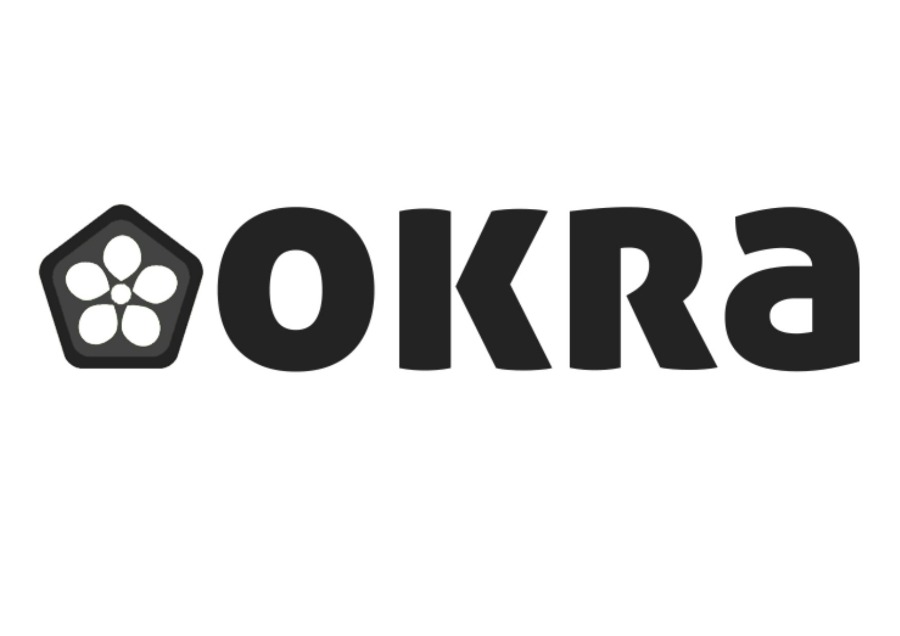Two family offices, Explorer Investments and Didendum, led the $2.1 million investment round into Okra Solar, alongside Schneider Electric Energy Access & Autodesk Foundation.
SDGx, a private UN Sustainable Development Goals (SDGs) technology fund and advisory group, which invests exclusively in companies that can potentially reduce or remove 500MT of greenhouse gas emissions per year within the next decade, also invested.
Okra Solar’s proprietary hardware and software solutions enable access to productive and renewable electricity across the Nigeria, Philippines, Haiti and Cambodia.
The $2.1 million funding will be used to scale up commercial operations and product development as Okra Solar expands throughout Nigeria and Haiti.
Afnan Hannan, CEO of Okra Solar says: “It feels great to lock in this funding so that we can accelerate our growth. We’re excited to continue charging towards providing energy access for the 770 million people living in off-grid communities. Our Mesh-Grids leverage IoT and automation to make last-mile electrification affordable and sustainable – even for the most remote villages on the planet. Our innovation has spurred global demand from utility companies.”
Okra Solar is now opening its Series A round. It has already advanced discussions with a number of strategic investors with expectations of closing up to $6 million in order to accelerate product distribution in key markets.
Okra Solar’s focus market is Nigeria, a nation with abundant sunlight and the largest unelectrified population of approximately 80 million people. The country is seeing a number of technologies, such as mobile money and appliance financing, coalescing to disrupt conventional approaches of creating social impact. There are more than 100 private energy development companies deploying off-grid energy solutions and Okra Solar has partnered with some of the most innovative players – SAO Capital, Creeds Energy, Konexa, and First Electric – in launching Mesh-Grids in remote areas.
Recently, Okra Solar also signed a Memorandum of Understanding with SAO Group to scale up their existing projects to an additional 290,000 homes over the next three years. If this partnership achieves its objectives, it will be the largest project globally to energise off-grid households with decentralised grids.
Recently, Nigeria underwent a policy makeover which incentivises private utilities to provide energy services by using competitive business models. Nigeria now boasts some of the best private utilities and a $550 million NEP off-grid financing program (the National Electrification Program,) funded by the African Development Bank and the World Bank.
Okra Solar’s Mesh-Grid technology, which has previously been deployed by UN-funded programs, has been approved by the NEP for subsidies so that energy developers can recover more than half of their capex expenditure after deploying Mesh-Grids.
Benoit Jacquemin, Innovation VP for Industrial Automation BU at Schneider Electric says: “Okra Solar is an exciting investment for us to back as they are leveraging ubiquitous mobile connectivity to enable automation, remote monitoring and a drastically reduced cost of serving last mile-households versus traditional energy sources. The company is well-positioned to become the leading rural electrification technology in the coming years. Lack of energy access affects more than 770 million people – all of whom are currently in the dark. Reaching these communities has required innovative approaches to overcome the high costs of transmission cables and regular maintenance.”
Michael Anthony Papi, Managing Director of Pteah Baitong says: “The Okra Mesh-Grid technology platform leverages plug and play hardware along with the award-winning Harvest software. Using Harvest, we can remotely monitor our entire network of assets. We can quickly triage field issues through the simplified insights generated from the IoT devices which allows our Local Maintenance Agents to fix our hardware at the first sign of a problem. This helps us keep operational costs low and ultimately brings more affordable and reliable energy to our last-mile households.”
Zarmeen Pavri, Partner and Chief Impact Officer of SDGx says: “We are thrilled to invest in and support Okra Solar as it’s rare to see an Australian company scale so successfully into many international markets so quickly. Okra Solar brings an impact multiplier that intersects and positively contributes towards energy access (SDG #7), better health outcomes (SDG#3), and gender outcomes (SDG#5). This is a great example of how an impact multiplier also drives scale with commercial outcomes, while solving the world’s GHG emissions and climate change problems.”
Okra Solar has energised more than 5,000 people (SDG #7), offsets 978 tons of CO2 emissions per year (SDGs #13 & #7), provided 1,576 children with access to reliable lighting which is necessary to study after sunset (SDG #1 & #4), enabled 1,900 women to reduce cooking time through access to e-cooking appliances and refrigeration (SDG #5), and saved 3,940 individuals from exposure to harmful and carcinogenic gases from burning kerosene, diesel, and wood (SDG #3).
Okra Solar’s work has been recognised by Forbes, Cleantech Group’s 100-to-Watch 2021, the World Economic Forum Technology Pioneers, and Web Summit where Okra won the people’s choice award in 2021.

